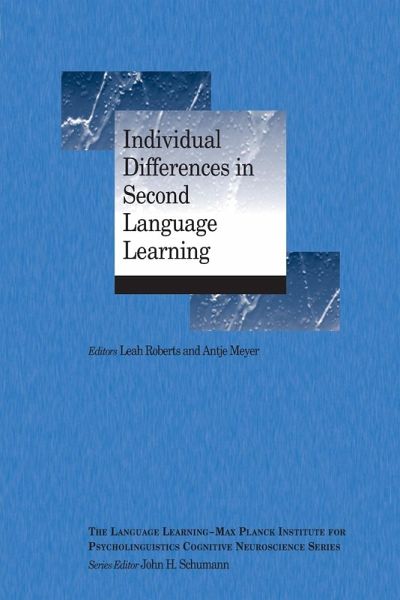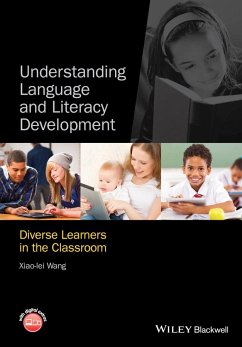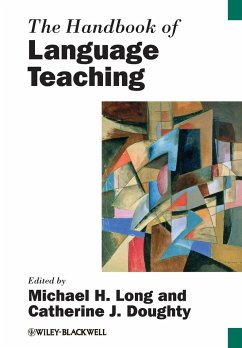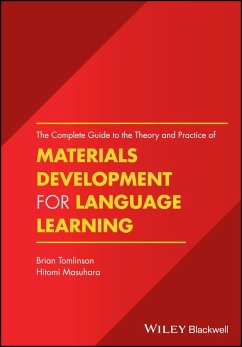Nicht lieferbar

Individual Differences in Second Language Learning
Versandkostenfrei!
Nicht lieferbar
Every teacher knows that learners are notoriously variable in how successful they are at acquiring a new language. This interdisciplinary volume questions what it is that makes each of us good or bad at learning a second language.Offers a broad overview of current theories, key findings, and methodological approaches in the fieldBrings together research from language teaching and assessment, psycholinguistics, and the neurobiology of languageProvides a sound empirical basis for the development of assessment tools and teaching strategies, and sheds new light on the language learning processInve...
Every teacher knows that learners are notoriously variable in how successful they are at acquiring a new language. This interdisciplinary volume questions what it is that makes each of us good or bad at learning a second language.
Offers a broad overview of current theories, key findings, and methodological approaches in the field
Brings together research from language teaching and assessment, psycholinguistics, and the neurobiology of language
Provides a sound empirical basis for the development of assessment tools and teaching strategies, and sheds new light on the language learning process
Investigates how people differ from each other in how they approach language learning, and in doing so goes beyond other studies which focus primarily on the behavior of groups of learners
Offers a broad overview of current theories, key findings, and methodological approaches in the field
Brings together research from language teaching and assessment, psycholinguistics, and the neurobiology of language
Provides a sound empirical basis for the development of assessment tools and teaching strategies, and sheds new light on the language learning process
Investigates how people differ from each other in how they approach language learning, and in doing so goes beyond other studies which focus primarily on the behavior of groups of learners








